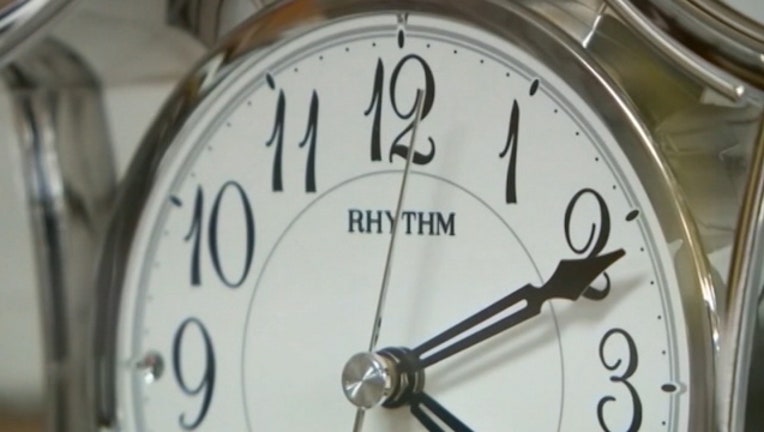Year-round daylight saving time no sure bet

TALLAHASSEE, Fla. (NSF) - Florida’s push for year-round daylight-saving time may have a difficult time in Congress, as U.S. Sen. Marco Rubio says federal lawmakers haven’t lined up in any typical partisan fashion.
Rubio, who is sponsoring the proposal in the Senate, said he’s gotten positive and negative reaction, but the split does not fall along “ideological lines.”
“I don’t think there’s any wrong or right answer, this is not a moral question,” the Miami-Dade Republican said Tuesday while meeting with reporters in Tallahassee. “Basically, it’s if you want it to get darker later or earlier. And it depends who you are. If your (children) are young, you don’t want them in the dark at the bus stop. If you like to play outdoors or go fishing in the morning, while it’s still dark, you’re in favor.”
Gov. Rick Scott signed legislation (HB 1013) last week aimed at putting Florida on year-round daylight-saving time, but such a change requires congressional approval.
Rubio submitted a pair of bills (S. 2537 and S. 2536) this month --- one would keep Florida on daylight-saving time, while the other would make such a change for the nation. He said he was reflecting the will of state legislators.
U.S. Rep. Vern Buchanan, R-Fla., filed the House companion bills (H.R. 5279 and H.R. 5278).
“No matter what we do, I wish we were on one time the whole year,” Rubio added. “That would make it a lot easier.”
The idea of year-round daylight-saving time has been promoted as a way to help Florida’s tourism industry, as people would be able to stay out later with the additional sunlight. Hawaii and most of Arizona don’t participate in switching from standard time to daylight-saving time and back. They stay on standard time throughout the year.
Daylight-saving time this year started March 11 and ends Nov. 4.
A news release from Rubio’s office when he filed his bills pointed to several potential benefits from the change, including that additional daylight in evenings could reduce car crashes, help lead to more physical activity that would reduce childhood obesity and reduce the number of robberies.
But the Florida PTA Legislative Committee has opposed the change due to the potential impact on students, who could be waiting more at dark bus stops in the morning.
The Florida Chamber of Commerce on Tuesday noted it has received numerous inquiries regarding the legislation and sent out an explainer to members.
As part of a summary, the chamber said, “Here’s the key takeaway: despite all the rhetoric, changes are not imminent and are, in fact, very unlikely to occur anytime soon.”
Information provided by The News Service of Florida.

